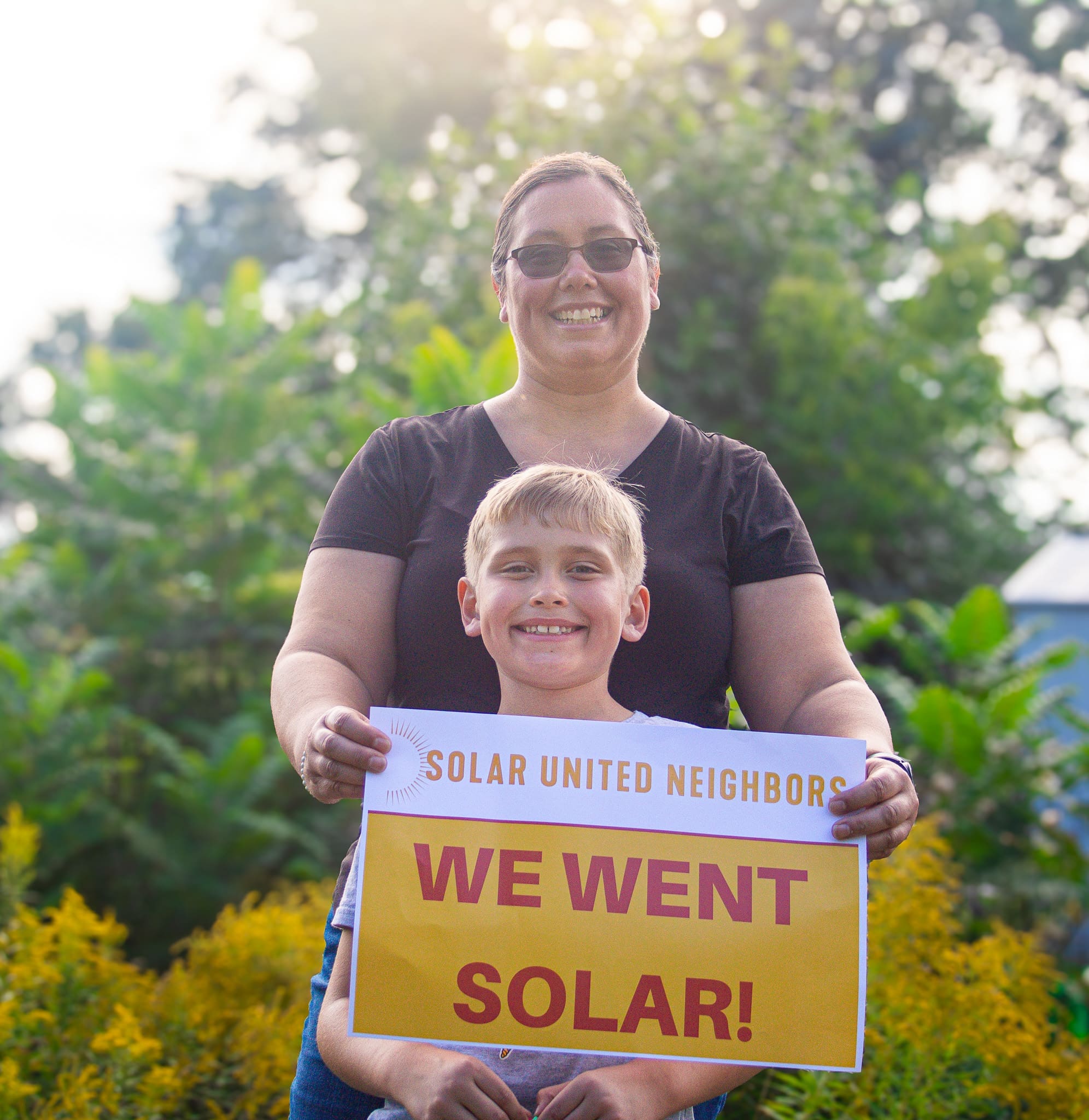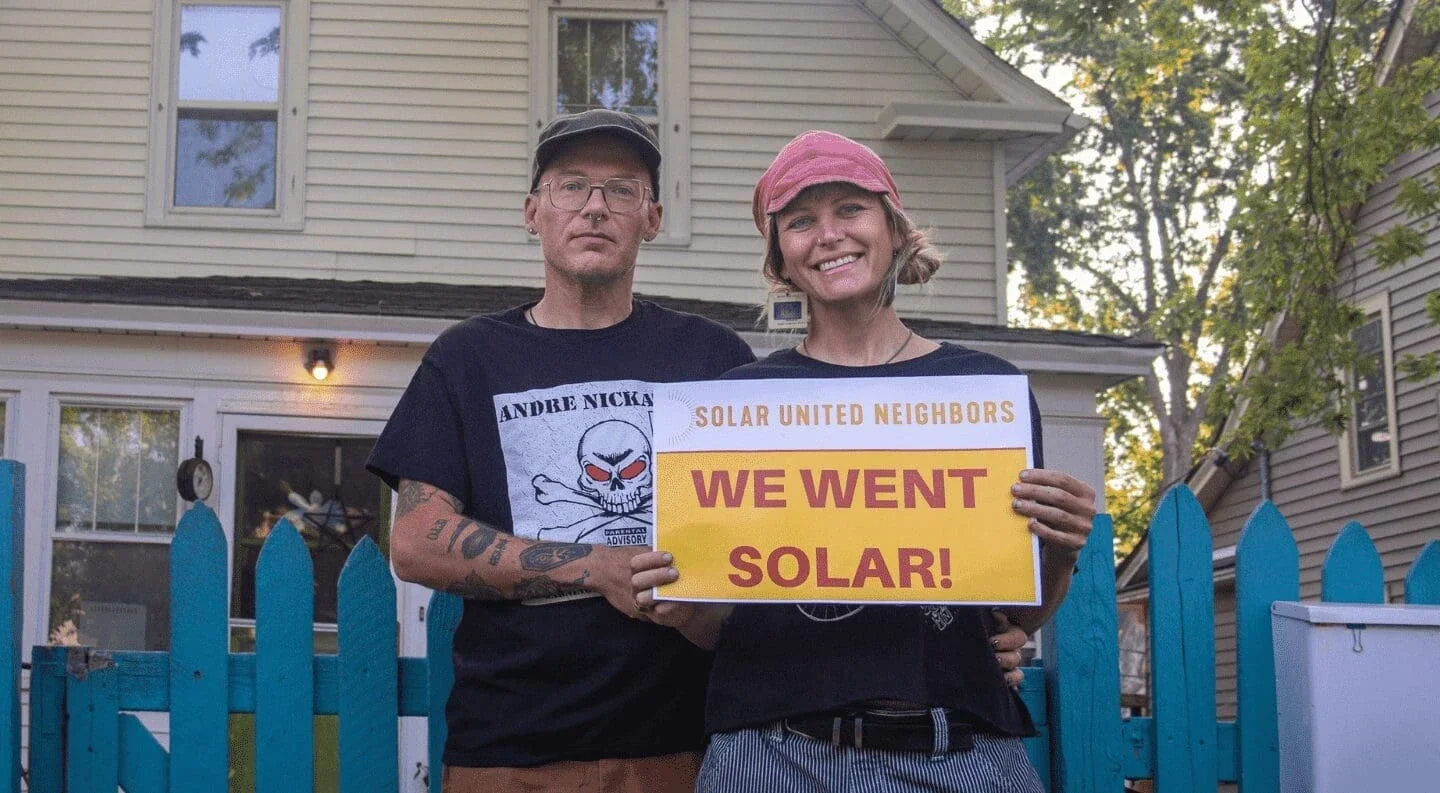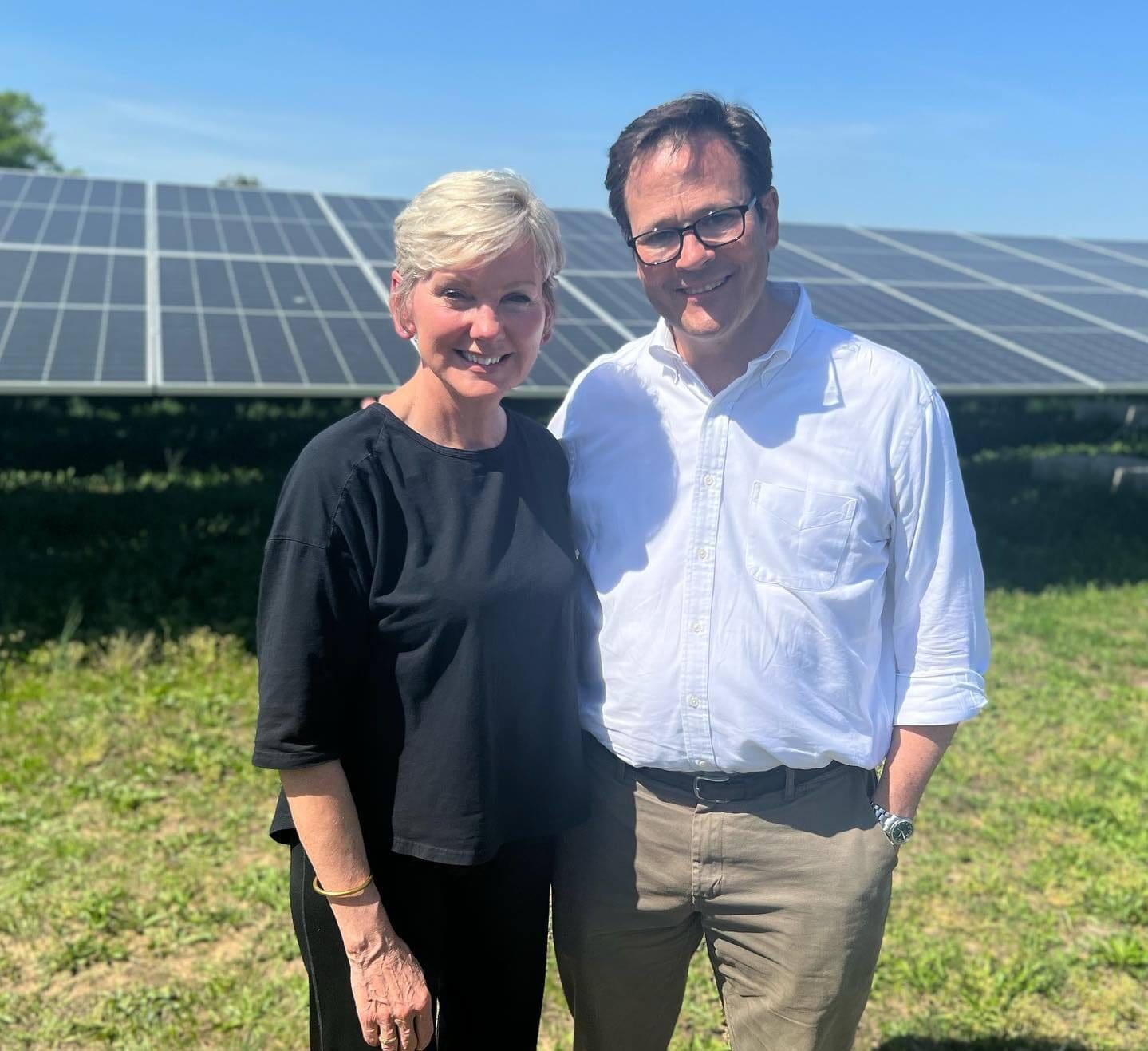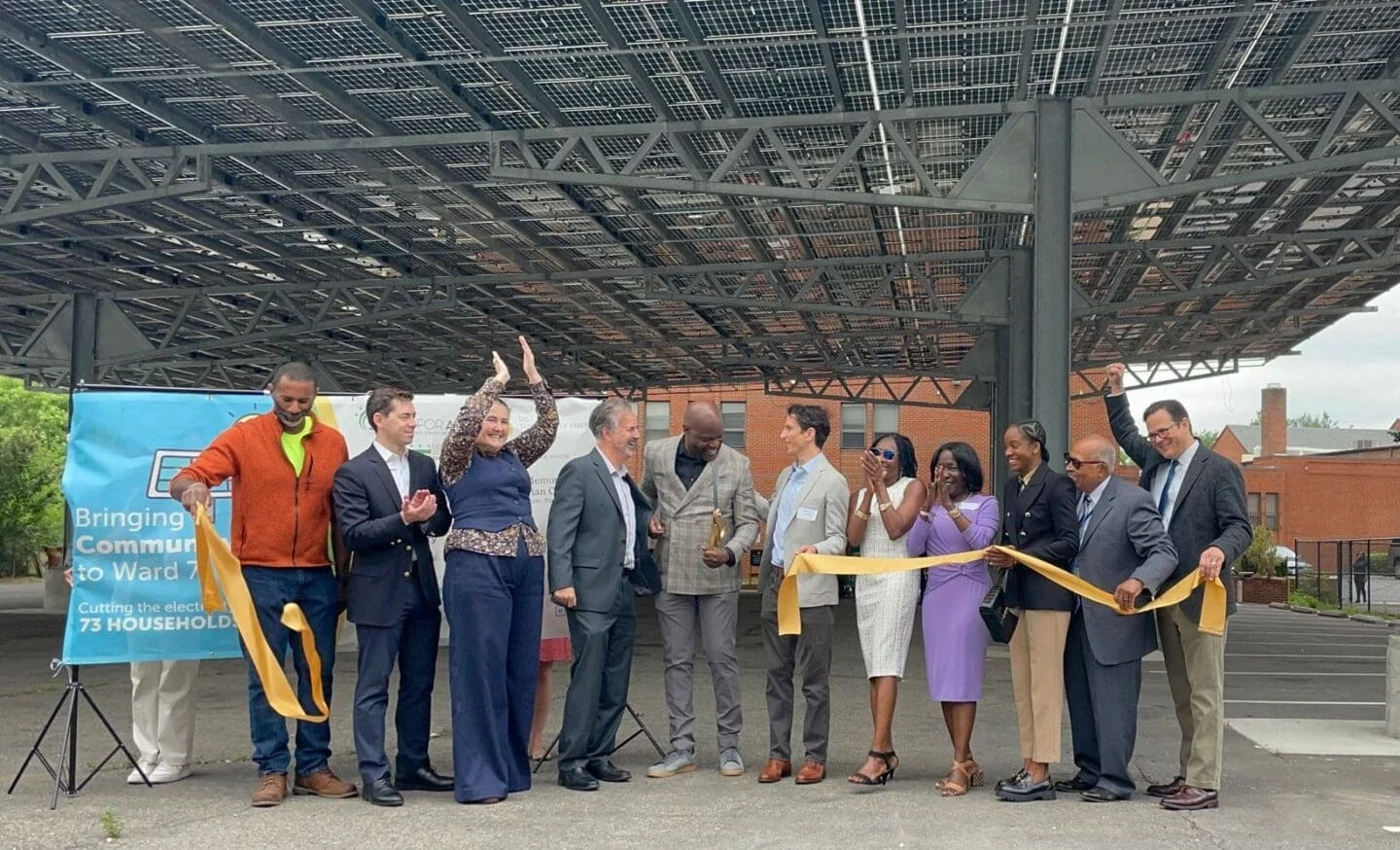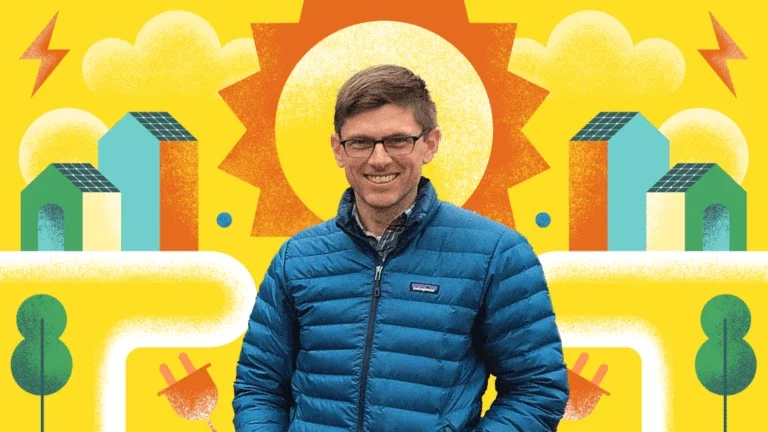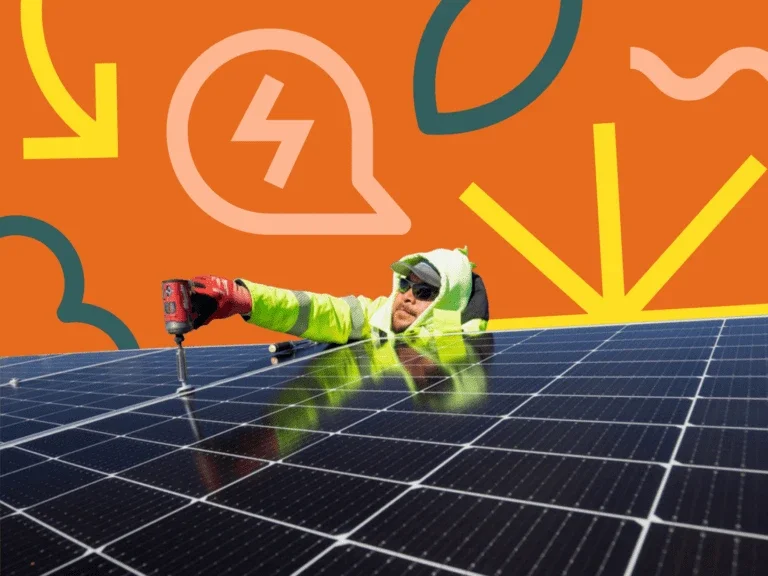If policy sends market signals, then the Inflation Reduction Act (IRA) is crystal clear: we have an unprecedented opportunity to foster more equitable participation in clean energy development and channel resources into historically marginalized communities.
But we must seize the opportunity.
Because of the IRA’s Direct Pay provision, nonprofits, and state, local, and Tribal governments can now access tax credits over 10 years for clean energy projects in underserved communities.
This democratizes energy, unlocking the potential for diverse entities across the U.S. to own clean energy assets as a wealth-building opportunity. It simultaneously brings other community benefits, like new high-road jobs, lower energy costs, and climate resiliency.
While the private sector has accessed these incentives for decades, this is new territory for public entities and requires intentionality for project development and financing across levels of government, philanthropy, CDFIs, and capital investors.
What is required?
- Organizing around outreach and education;
- Supporting predevelopment and building scaled pipelines of well-underwritten and well-structured projects;
- Improving the efficiency of financing and speeding access to capital; and
- Helping non-tax-paying entities navigate tax credit filing processes.
Several organizations are exploring innovative projects and methods to increase uptake of these tax credits. The Rockefeller Foundation is proud of the support it has provided to important projects like these — below are three examples.
